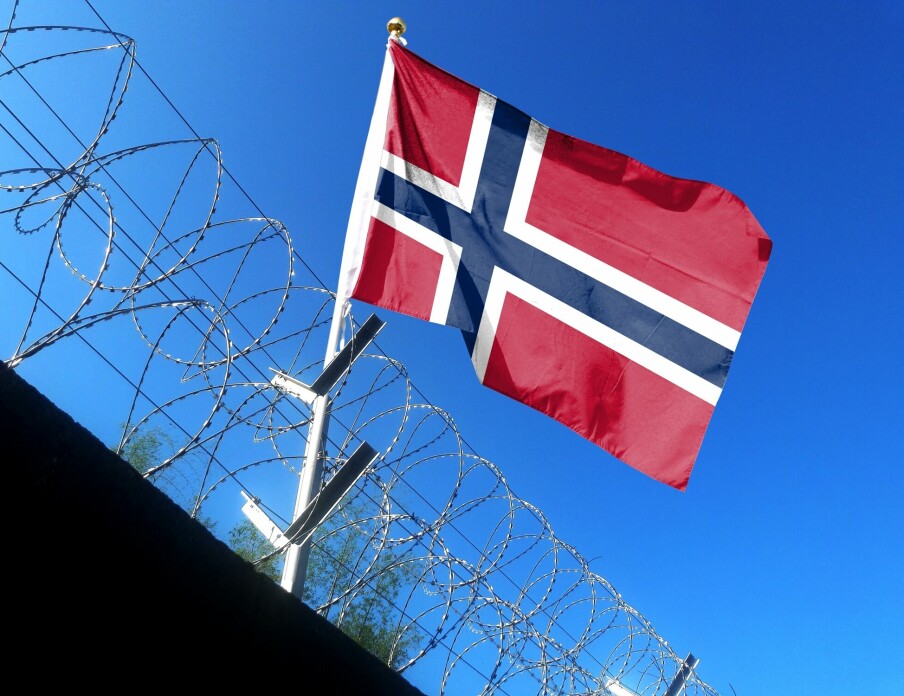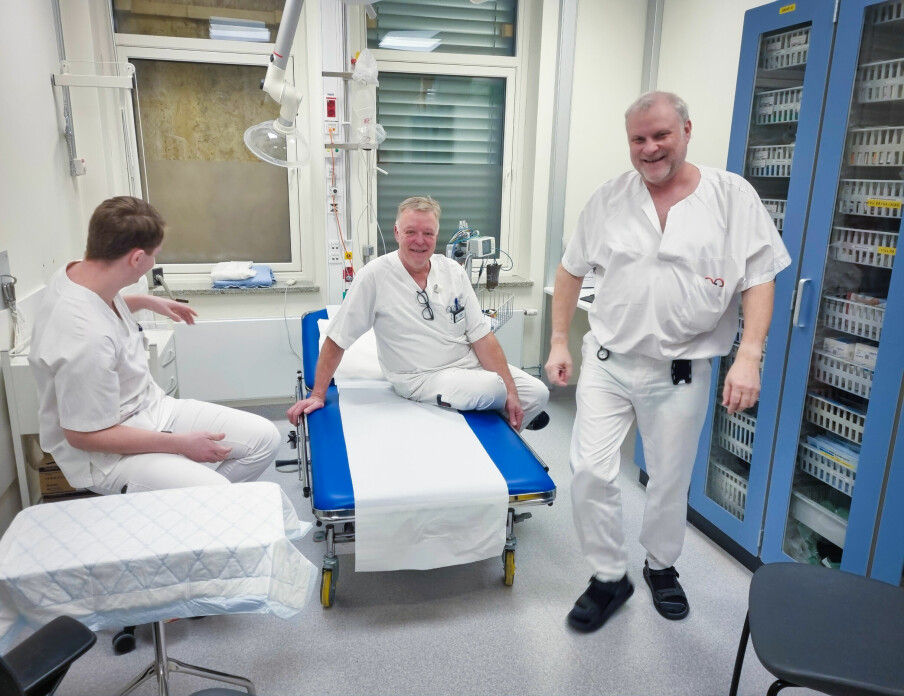Opinion:

Clinical transparency in Norway:
Report reveals a major gap with ethical implications
OPINION: As research ethicists we suggest a two-fold approach that may keep sponsors, institutions and researchers accountable.
A recent report on the failure of principal investigators and sponsors of clinical trials in Norway to report the results of their studies with investigative medicinal products was released in June. The Transparimed report highlights that of the 204 clinical trials of investigative medicinal products in the EU register, only 25 trials were reported as completed, and only six published results.
Shirking responsibility
Transparimed is a private non-profit organization with a mission to investigate and report issues with clinical trials reporting across the globe. The report included responses from the regulatory authority, the national medicines regulator (Legemiddelverket), and the various research institutions implicated for not reporting. Some of the responses were surprising and borders on shirking responsibility. Each group/agency redirects to the other. The regulatory authority stated it was the responsibility of the sponsor to report end of trials results:
“The Norwegian Medicines Agency supports the principles and the intentions described in the guidelines related to transparency in clinical trial results. It is, however, our opinion that the publication of study results is the main responsibility of the sponsor.”
Recommendations
The research institutions accept some responsibility but note that the sponsor organizations botched in their remit, and the regulatory authority failed to send reminders when trial results are not submitted. What is clear coming out of the report is the need for oversight to ensure compliance. Transparimed made the following recommendations:
“Norwegian trial sponsors should establish central oversight over their clinical trial registry data, adopt policies that reflect WHO best practices, audit existing registry records, and upload missing clinical trial results as rapidly as possible. The national medicines regulator Legemiddelverket should contact trial sponsors whose results are overdue, ensure that data on the register is consistent and accurate, monitor compliance, and develop a mechanism for routinely and automatically imposing sanctions as soon as the EU Clinical Trials Regulation comes into force in late 2021. The Norwegian government should review the UK’s national clinical trial transparency strategy and explore the possibility of adopting a similar approach in Norway. The Research Council of Norway should fully implement their commitments resulting from signing the WHO Joint Statement.”
What about the research ethics committees?
However, Transparimed did not mention a role for the Norwegian research ethics committees (REK) and how they can ensure compliance with approved clinical trials. While mention was made that the various research institutions commit to improve their level of compliance and hold themselves accountable, they did not outline clear strategies on the way forward.
As research ethicists at the Centre for Medical Ethics (SME), University of Oslo, we suggest a two-fold approach that may keep sponsors, institutions, and researchers accountable. We recently published the findings of a content analysis of normative documents on the role of research ethics committees after the approval of protocols. The paper highlights some post-approval activities for ethics committees which include continuing review; that is
- the receipt of annual reports,
- approval of trial modifications,
- receipt and review notifications of adverse events, and
- receipt of the end of trial reports.
The combined oversight of continuing review and receipt of end of trials report may hold sponsors/researchers more accountable. The Norwegian research ethics committees and the medicines agency could mandate that the annual and final reports include commentary on registration of the trial in the clinical trials register and submission of the end of trial results.
Support without oversight and sanctions
Additionally, the Norwegian Research Council could sponsor a pilot post-approval monitoring programme similar to what is done by Institutional Review Boards (IRBs) at Universities in the USA. Post-approval monitoring enables institutions to independently monitor ongoing research to ensure compliance without the external pressure of an audit. The programme gives support to researchers without the intimidation of regulatory oversight and sanctions.
The model that is being recommended is to have an independent compliance office with trained personnel who would visit with researchers and report to the REKs. The PAM pilot could be hosted at the Oslo University Hospital since it is the institution with the highest number of clinical trials and cited as the least compliant.
If a pilot is executed and successful, it could become a model for institutions across Norway. Norway is known for its high level of transparency and trust in the authorities. However, this report has revealed there is a major gap with serious ethical implications in the management of clinical research. The Research ethics committee has a role in addressing this going forward, and we hope they use the opportunity to play their part.
Share your science or have an opinion in the Researchers' zone
The ScienceNorway Researchers' zone consists of opinions, blogs and popular science pieces written by researchers and scientists from or based in Norway. Want to contribute? Send us an email!






























